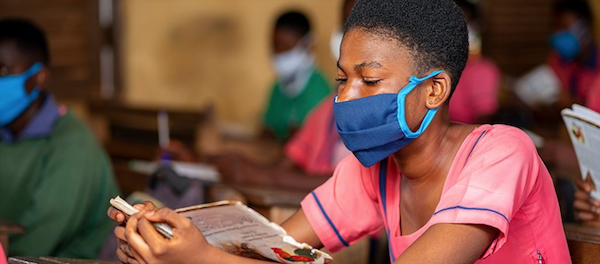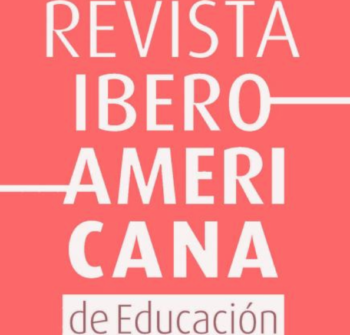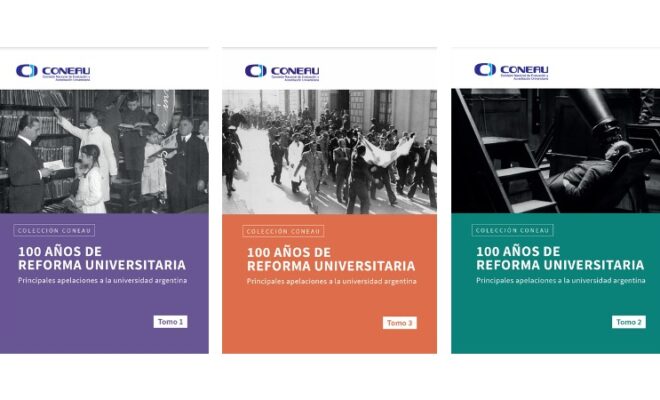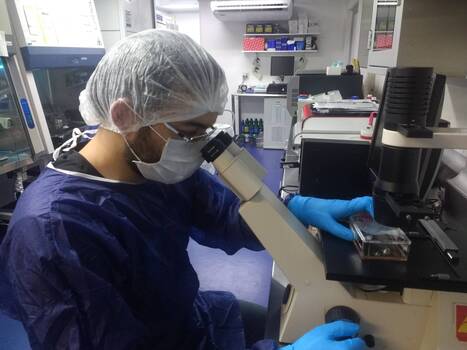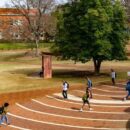Cheating, Inc.: How Writing Papers for American College Students Has Become a Lucrative Profession Overseas / The New York Times


The essay-for-hire industry has expanded significantly in developing countries with many English speakers, fast internet connections and more college graduates than jobs, especially Kenya, India and Ukraine. A Facebook group for academic writers in Kenya has over 50,000 members.
It is not clear how widely sites for paid-to-order essays, known as “contract cheating” in higher education circles, are used. A 2005 study of students in North America found that 7 percent of undergraduates admitted to turning in papers written by someone else, while 3 percent admitted to obtaining essays from essay mills. Cath Ellis, a leading researcher on the topic, said millions of essays are ordered online every year worldwide.
Read the full article on The New York Times
RELATED ITEMS
